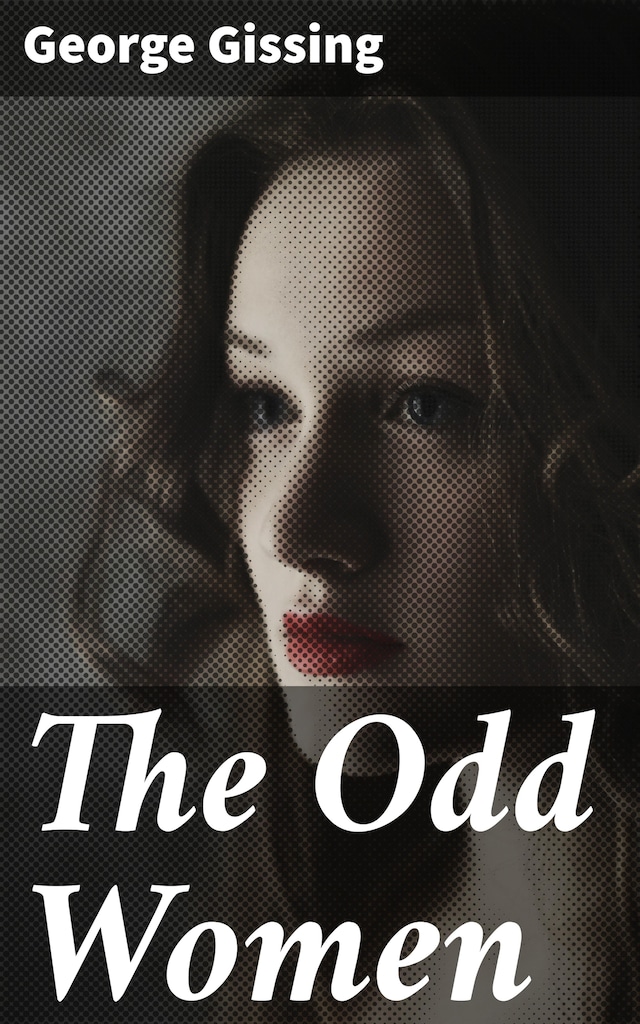
The Odd Women
Challenging Victorian Gender Norms: A Feminist Tale of Unmarried Women in 19th-Century England
Description of book
In George Gissing's seminal novel, "The Odd Women," the author deftly explores the complex social dynamics surrounding women's independence in late Victorian England. Through a narrative rich in psychological depth and vivid characterizations, Gissing delves into the lives of a group of unmarried women grappling with societal expectations and their personal aspirations. The text stands out for its critical examination of gender roles and its pioneering perspective on feminism, showcasing Gissing'Äôs masterful command of realism infused with an empathetic understanding of his characters' struggles. The intricate interplay between individual desires and societal mores renders this work both poignant and prescient in its commentary on the evolving role of women. George Gissing, an influential but often underappreciated figure of the 19th-century literary landscape, was deeply affected by his own experiences with poverty and education, which informed his portrayal of marginalized individuals. His keen observations of the socio-economic conditions of the time are encapsulated in "The Odd Women," where he advocates for women's autonomy and critiques the rigid structures of matrimony. Gissing's background as a literary critic and his personal encounters with the challenges faced by women provided him with a unique lens through which to explore these themes. I highly recommend "The Odd Women" for readers seeking a thought-provoking narrative that combines literary elegance with social critique. Gissing'Äôs exploration of female agency and his empathetic storytelling will resonate with contemporary audiences, offering a compelling reflection on the enduring complexities of gender and identity. This novel is not just a historical artifact but a vibrant discussion that remains remarkably relevant today.
 George Gissing
George Gissing 464 Pages
464 Pages